Resin Bound Surfacing vs. Traditional Paving: A Comparative Guide
Introduction to Surfacing Options
When it comes to surfacing options for driveways, pathways, and patios, two popular choices often come into consideration: resin bound surfacing and traditional paving. Each has its own set of advantages and challenges, making it essential to understand their differences before deciding which is best for your project.

What is Resin Bound Surfacing?
Resin bound surfacing is a modern technique that involves mixing aggregate stones with a clear resin to form a smooth, durable surface. This method provides a seamless finish that is both aesthetically pleasing and highly functional. A major benefit of resin bound surfaces is their permeability, allowing water to drain through easily, reducing water pooling and the risk of flooding.
Moreover, resin bound surfacing offers a wide range of design possibilities. With various colors and textures available, you can customize the look to complement your property’s style, making it a versatile option for residential and commercial spaces alike.
Traditional Paving: The Timeless Choice
Traditional paving involves laying down stone or concrete slabs in a systematic pattern. This method has been used for centuries due to its reliability and classic appearance. Paving stones come in a variety of materials, including brick, limestone, and granite, allowing for diverse style options.
One advantage of traditional paving is its ease of maintenance. Individual stones can be replaced if damaged, without disrupting the entire surface. Additionally, traditional paving offers a more robust feel underfoot, making it a preferred choice for those seeking a sturdy surface.

Comparative Benefits
When comparing resin bound surfacing and traditional paving, several factors come into play:
- Installation Time: Resin bound surfaces can often be installed more quickly than traditional paving, as they do not require individual placement of stones.
- Durability: Both options offer durability, but resin bound surfaces are often more resistant to cracks caused by freeze-thaw cycles.
- Maintenance: While resin bound surfaces require minimal maintenance, traditional paving allows for easy replacement of individual stones if needed.
Environmental Considerations
With increasing focus on sustainability, the environmental impact of your choice is crucial. Resin bound surfacing's permeability makes it an eco-friendly option by reducing runoff and promoting groundwater recharge. Traditional paving can be made more sustainable by using permeable pavers or recycled materials.

Cost Implications
Budget is often a key factor in decision-making. Resin bound surfacing can be more expensive upfront due to the cost of materials and installation expertise required. However, its long-term durability and low maintenance costs can offer savings over time. Traditional paving may have lower initial costs but could incur higher maintenance expenses due to potential repairs.
Conclusion: Making the Right Choice
The decision between resin bound surfacing and traditional paving ultimately depends on your specific needs and preferences. Consider factors such as aesthetics, budget, maintenance needs, and environmental impact when making your choice. Both options have their own unique advantages, ensuring you can find a solution that enhances your property’s appeal and functionality.
